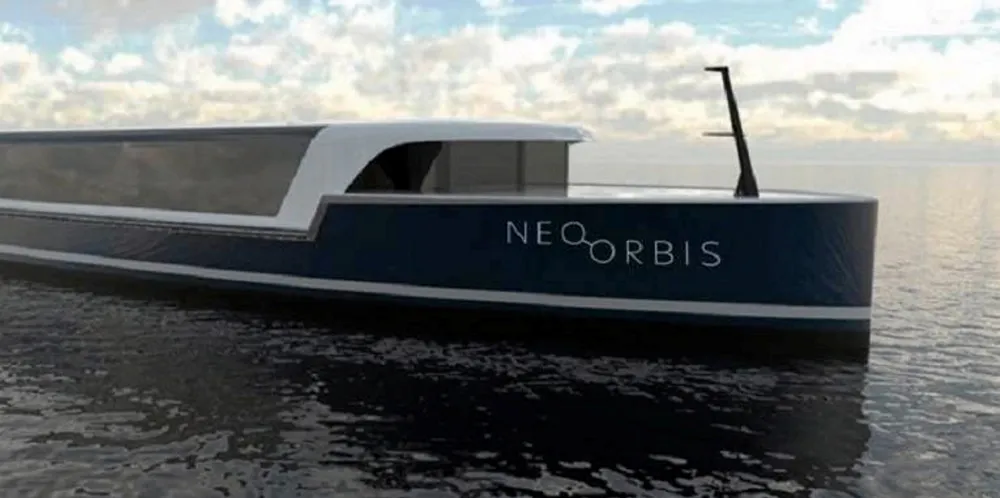'Solid hydrogen' | World's first vessel powered by an H2-storing salt gets construction green light
Neo Orbis, which will be built by a Dutch shipyard after winning a tender, will use sodium borohydride as its fuel source

Neo Orbis, which will be built by a Dutch shipyard after winning a tender, will use sodium borohydride as its fuel source
